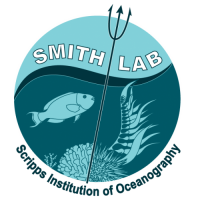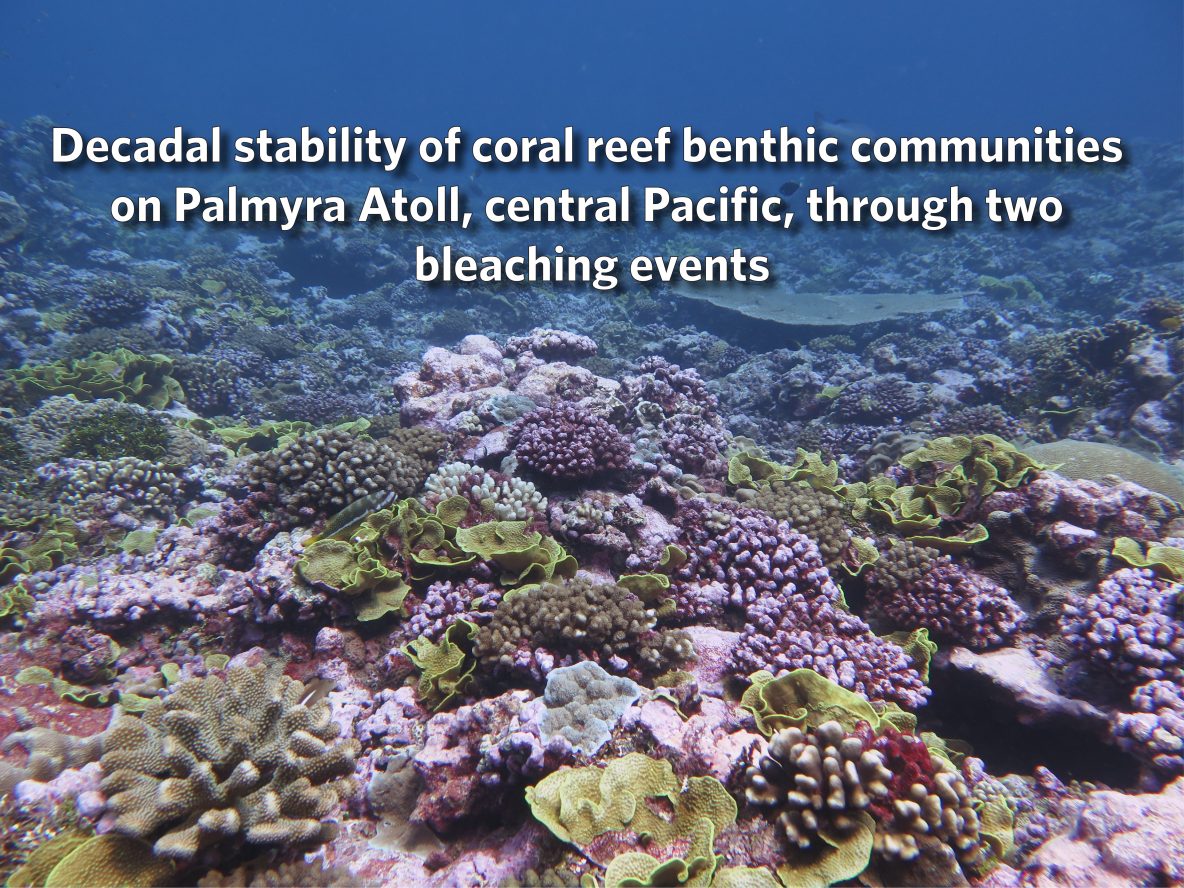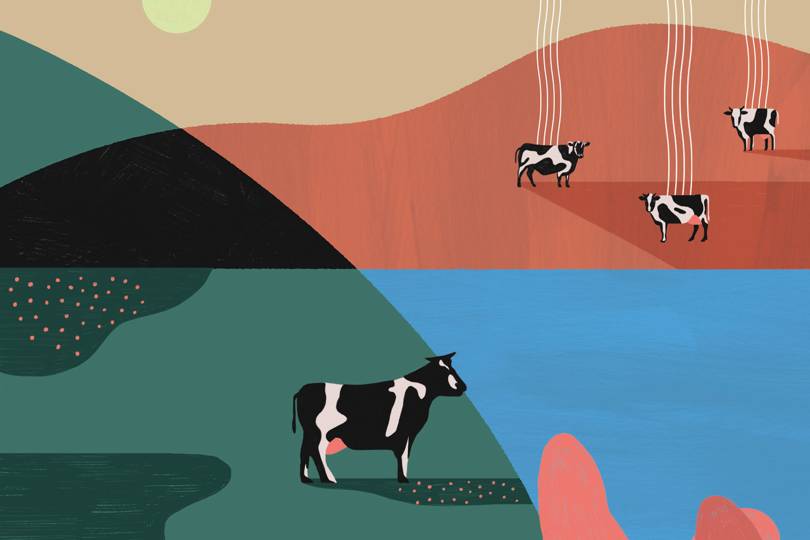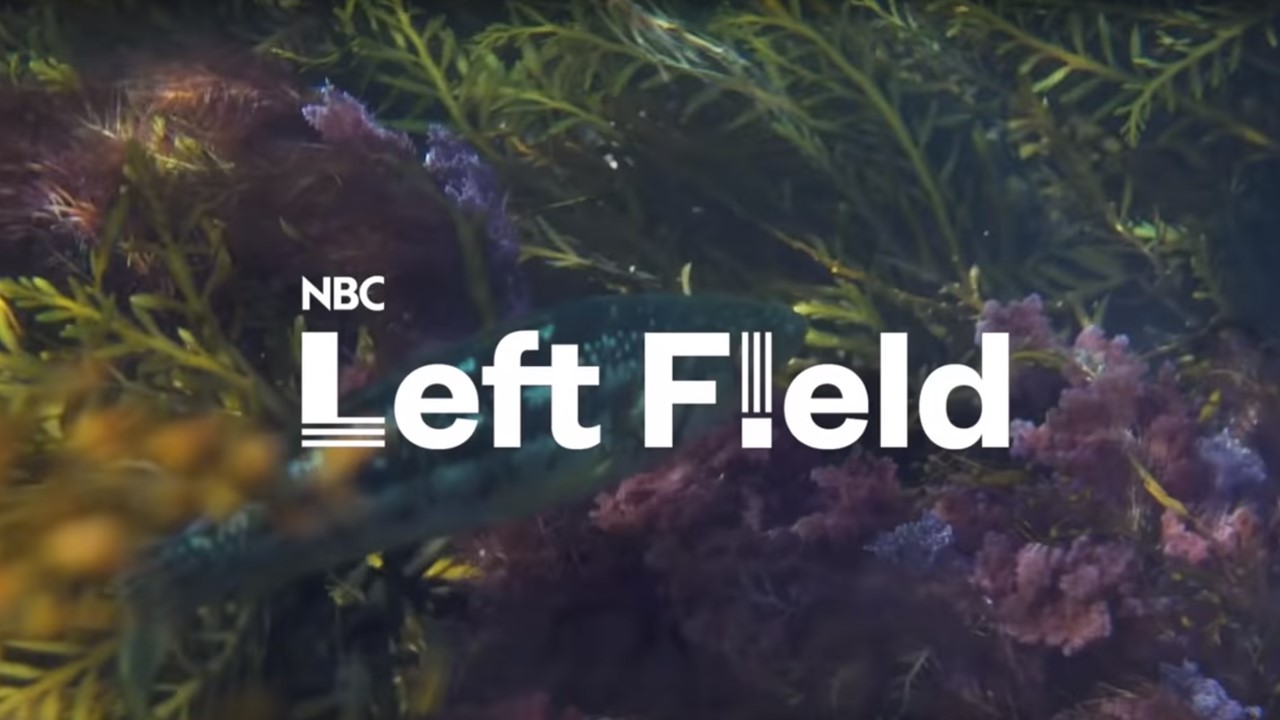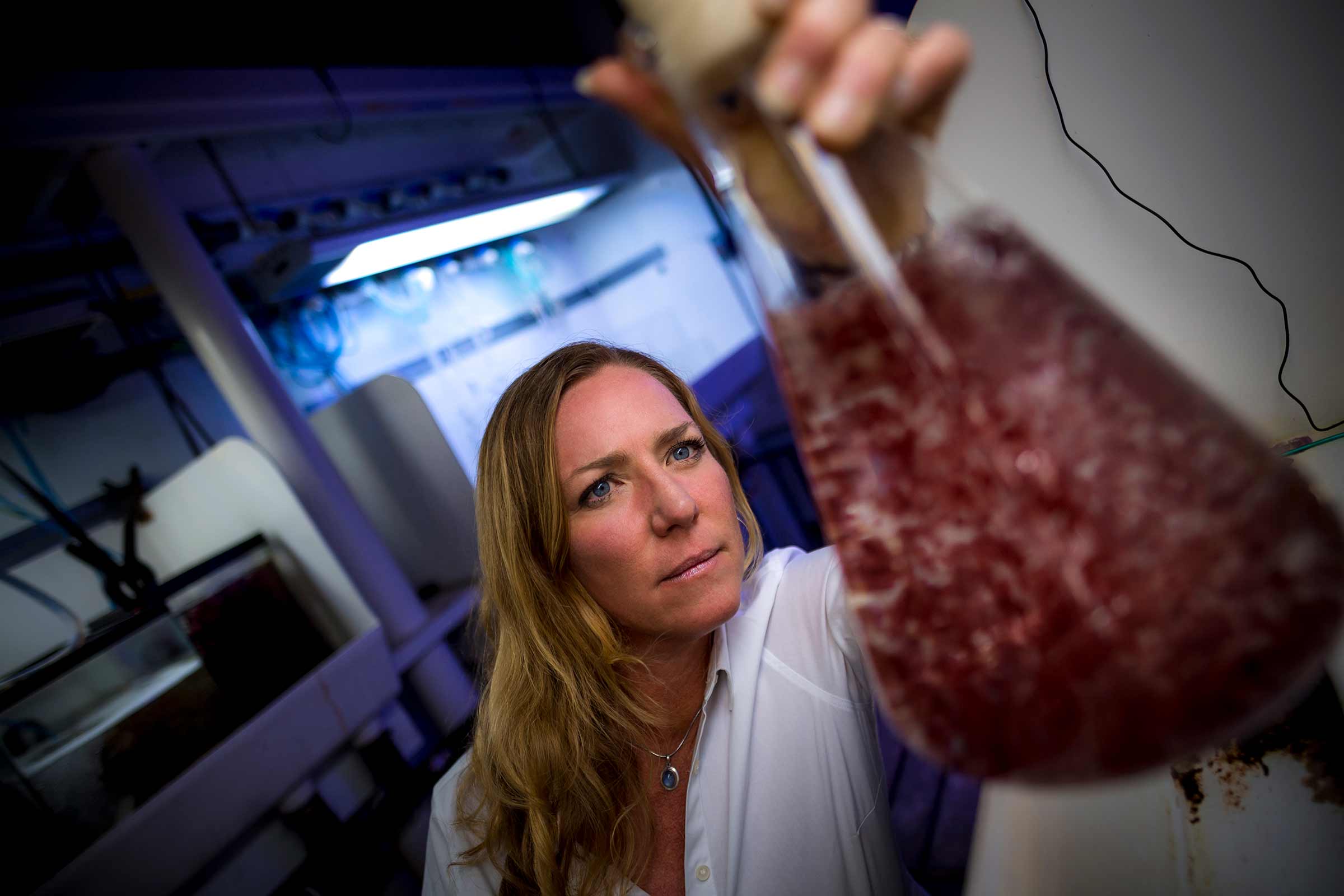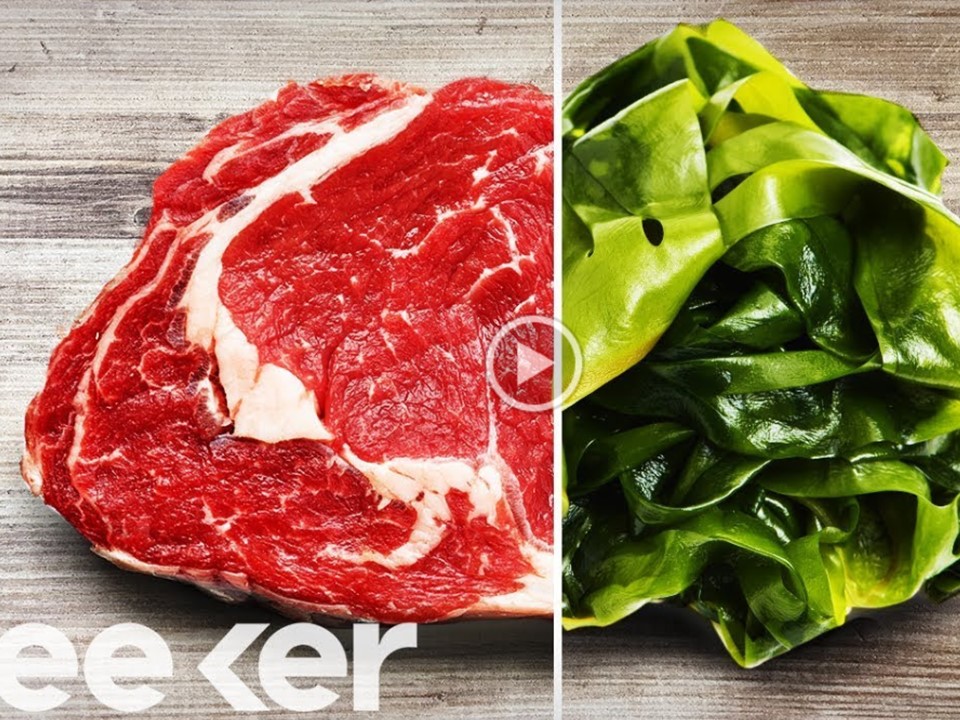Aloha! Our lab just got back from our annual field work trip to Maui, and we have a lot to report! We’ve been visiting Maui for over a decade to monitor coral reefs along the island’s leeward (sheltered from the wind) coast. We return to the same sites year after year and take thousands of pictures of each reef. When … Read More
Now Published: Decade-Long Study on Palmyra’s Coral Reefs
Although many coral reefs are facing devastating declines due to global climate change, some reefs, such as at the remote Palmyra Atoll, are able to withstand and recover from bleaching. This recently-published paper, led by Ph.D. candidate Adi Khen and co-authored by lab alumni/staff with senior author Dr. Jennifer Smith, demonstrates the remarkable resilience of Palmyra’s reefs over the past … Read More
Cow burps & the scientists waging war against them, featured in WIRED
Dr. Jen Smith was recently interviewed and featured in a WIRED article where she discussed how her work learning to cultivate Asparagopsis taxiformis in the lab will help Californian dairy farmers to cut emissions by 2030. The article mentions her work with Elm Innovations and introduces a multitude of scientific methods currently being explored by scientists worldwide to reduce methane emissions by the livestock … Read More
Can California get cows to burp less methane? Check out this story by NBC
Dr. Jen Smith was recently interviewed by NBC – the latest story on Asparagopsis taxiformis is officially out, and this time we get to hear from people who make their living maintaining cattle ranches and dairy farms in addition to the scientists! Check out the video below to learn more!
UCSD Research highlight: “Usurp the Burp”
This week Dr. Jen Smith’s research was featured by the UC San Diego News Center, highlighting her recent collaboration with agricultural scientists at UC Davis. Dr. Smith is researching methods of cultivation of Asparagopsis taxiformis, a red seaweed that has been discovered to reduce methane emissions from cow burps in studies conducted at UC Davis. She’s also working with scientists at … Read More
Can algae be the secret to reducing one of the largest sources of greenhouse gas emissions worldwide?? Sneak a peek into the Smith Lab’s latest research collaboration!
Check out the latest in research aimed to reduce greenhouse gas emissions from cattle! Seeker interviewed scientists at UC Davis as well as our very own Dr. Jen Smith at SIO. Take a look at the video below to see what all the hype is about!
An incredible story of reef recovery after coral bleaching at Palmyra Atoll
Scripps Oceanography published a press release this week celebrating the Smith Lab’s most recent publication led by Dr. Mike Fox. The paper, published in Coral Reefs on April 5th, reveals an optimistic recovery of coral reefs at Palmyra Atoll following the 2015 global bleaching event. In 2015, 90% of corals at Palmyra bleached, and an astounding 90% of those bleached corals … Read More
Smith Lab awarded grant by the California Ocean Protection Council to study effects of sea level rise on intertidal communities
The Smith Lab was recently awarded a grant by the California Ocean Protection Council to study the effects of sea level rise on intertidal communities – that is, the life that thrives in the zone that is exposed to the air at low tide and covered by water at high tide. This project will use technology similar to that used … Read More
100 Island Challenge featured by BBC Earth
100IC team featured in bioGraphic while on expedition in the Cook Islands
Researchers from the 100 Island Challenge team were interviewed for a piece in bioGraphic in January on an expedition to Rarotonga in the Cook Islands. The article, “Picture of Health,” published online last week, details the daily life of researchers in the field and shares the team’s optimistic view of coral reef health in areas where local managers are making waves to … Read More

